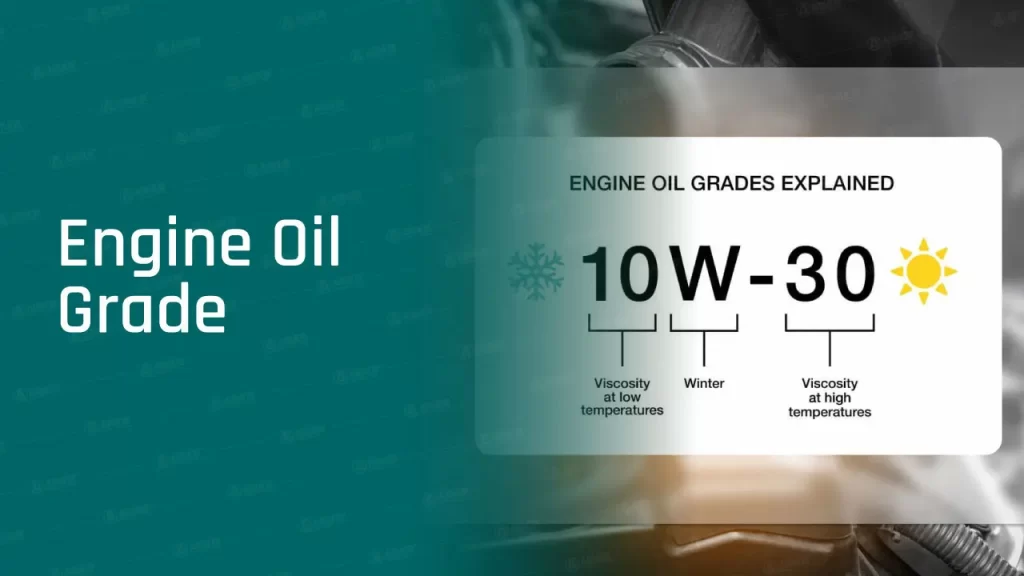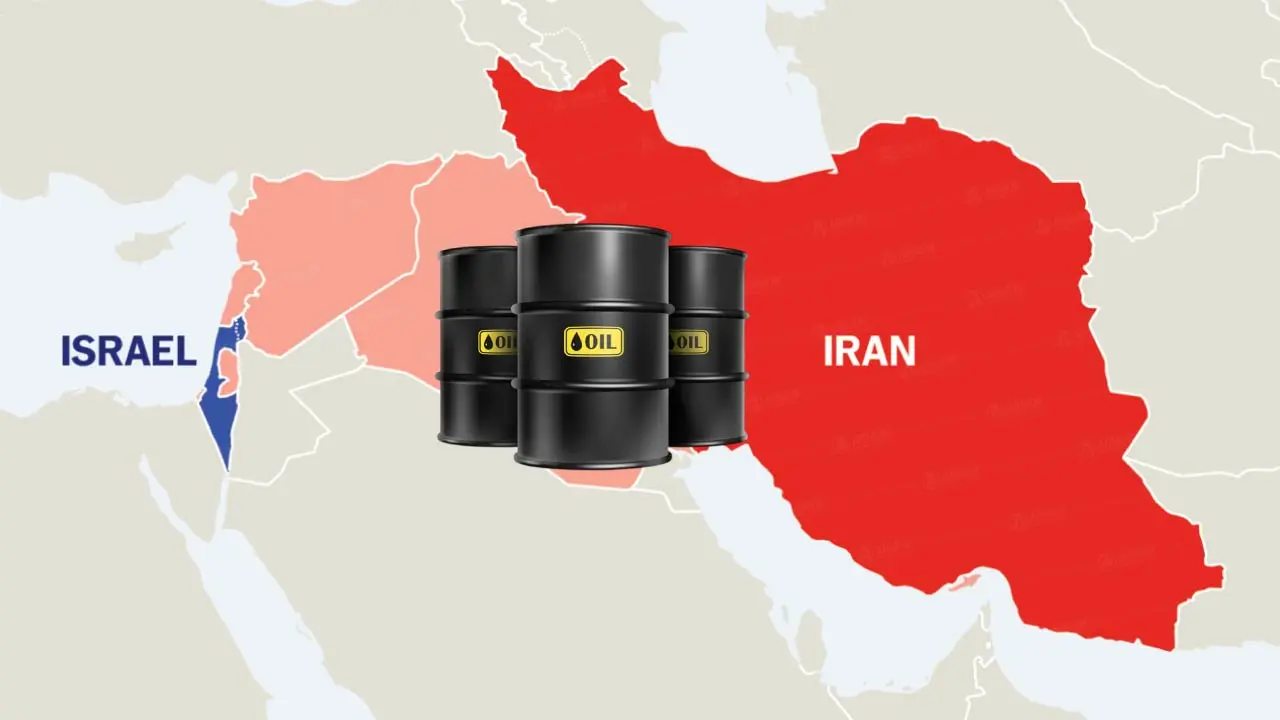- Armor Blog
- Products
- 5w30 instead of 5w20 What Happens If You Use a Different Grades of Engine Oil

Impact on Engine Performance
SAE grades or ACEA grades are there for a good reason which is to maintain best performance. Not following recommendation affects performance on both long and short term.
Increased Engine Wear and Friction
Using different grades of engine oil different from the manufacturer’s recommendation can significantly impact wear and friction inside the engine. A higher viscosity oil than required may not flow efficiently through narrow oil passages, especially in modern engines with tight tolerances. This reduced flow can leave critical components under-lubricated, increasing metal-on-metal contact and accelerating wear.
On the other hand, a lower viscosity oil than recommended may fail to create a strong protective film between moving parts. Under high loads or extreme temperatures, the engine oil can thin out too much, reducing its ability to prevent bearing and cylinder wall damage. Over time, improper lubrication leads to excessive engine wear and costly repairs.
Poor Cold-Start Protection
Cold starts are when an engine experiences the most stress, as engine oil is thickest when the temperature is low. If the engine oil is too thick, it takes longer to reach
valvetrain components, bearings, and cylinder walls, increasing wear during startup. High-viscosity oil may also struggle to reach turbocharger bearings, potentially leading to oil starvation and failure in turbocharged engines.
Conversely, a lower viscosity oil may flow quickly but might not provide adequate cushioning for high-pressure components. This can result in increased camshaft and piston ring wear, especially in high-performance or heavy-duty applications. Cold weather performance is highly dependent on oil viscosity, making the right engine oil grades essential for long-term engine durability.
Reduced Fuel Efficiency
Engines are designed to operate with specific engine oil viscosity to minimize internal resistance and pumping losses. Using a thicker oil than recommended forces the engine to work harder to pump and circulate the oil, leading to higher fuel consumption. Increased drag from excess viscosity affects overall efficiency, especially in vehicles designed for low-friction, fuel-saving technologies.
A thinner oil may reduce resistance, but it could also lead to poor sealing between piston rings and cylinder walls. Incomplete sealing allows blow-by gases to escape, reducing engine compression and overall efficiency. The wrong engine oil grades can disrupt the balance between lubrication, cooling, and fuel economy, negatively affecting both performance and longevity.
Potential Long-Term Damage
Engine damage due to change is not immediate, for some time you will not see any difference. Clear effect will start to appear later on things like fuel consumption, or engine torque.
Oil Pressure Issues
Using the wrong engine oil viscosity grades can create serious oil pressure imbalances, affecting engine performance and durability.
- Thicker oil than recommended may raise oil pressure, but it can also limit flow to critical components like valve lifters, camshaft lobes, and turbo bearings. This can cause uneven lubrication, increasing wear in certain areas.
- Thinner oil than required may lower oil pressure, reducing the ability to maintain a stable lubricating film. Under high loads or high temperatures, oil pressure may drop too much, causing engine knocking, premature bearing wear, and even oil starvation.
Engines with variable valve timing (VVT) systems rely on precise oil pressure to adjust camshaft timing. Using the wrong viscosity can interfere with VVT solenoid operation, leading to rough idling, poor acceleration, and reduced efficiency.
Sludge Buildup and Deposits
Oil viscosity plays a crucial role in maintaining engine cleanliness. The wrong engine oil grades can lead to increased sludge formation and carbon buildup, which restricts oil flow and reduces efficiency.
- Thicker-than-recommended oil may not circulate efficiently, trapping contaminants and increasing the risk of sludge accumulation in oil passages, piston rings, and valve train components.
- Thinner oil than required can break down faster under high temperatures, leading to oxidation and the formation of varnish-like deposits on internal engine parts.
Engines with turbochargers are particularly vulnerable to oil deposits. The wrong viscosity grade can lead to oil coking in the turbo bearings, reducing efficiency and potentially causing turbo failure over time.
Increased Engine Temperature
Oil serves as both a lubricant and a coolant, helping to dissipate heat generated by combustion and friction. Using the incorrect viscosity can compromise temperature regulation, leading to overheating and long-term engine damage.
- Thicker oil creates more resistance within the engine, leading to higher internal temperatures. Excessive heat accelerates oil degradation, reducing its ability to lubricate effectively.
- Thinner oil may fail to provide adequate thermal protection, causing excessive friction and wear on high-load components such as crankshaft bearings and camshaft lobes.
Engines designed for specific oil grades depend on proper heat dissipation to prevent gasket failures, piston scoring, and premature wear of metal surfaces. Long-term use of the wrong viscosity increases the likelihood of oil breakdown, leading to higher maintenance costs and potential engine failure.
When is it OK to use different grades of engine oil?
You can use 5w-30 instead of 5w-20 without damage in some cases:
- Emergency Use: If 5W-20 is unavailable, 5W-30 can be used temporarily. Difference in specification is not worse than using old motor oil that is already broken down.
- Older Engines: High-mileage engines with looser tolerances may tolerate 5W-30 better 510. Many mechanics advise to switch engine oil grade for older engines however we advise to ask for multiple opinions first.
- Extreme Heat: In very hot climates, 5W-30 thicker oil film can offer added protection. Such measurement can be taken after consulting with your mechanic.
The Bottom Line
Understanding different grades of engine oil is crucial to keep your car engine running smoothly. Choosing the right engine oil grade, like 5W-20 or 5W-30, affects how your engine works. Using the wrong engine oil grade impacts engine performance. Check manufacturer’s recommendation to find the best engine oil for your vehicle.
If you’re looking for high-performance engine oil, consider Armor Lubricants. We offer range of engine oil in UAE to meet different needs. Our engine oils are formulated for high protection and high performance. Interested in becoming a distributor for our high quality top-branded engine oil product from Armor Lubricants, We welcome lubricants traders, spare parts traders, fleet operators, and workshop owners to join our network.




 Spear lubricants
Spear lubricants Armada lubricant
Armada lubricant Ace lubricants
Ace lubricants Perfect lubricants
Perfect lubricants Enzo lubricants
Enzo lubricants Lawrence lubricants
Lawrence lubricants